5 Reasons Why Your Pilot Light Keeps Going Out
Updated: 3 May 2024
526
The pilot light is an essential ignition element in various gas appliances, including heaters, stoves, and water heaters. This small yet crucial flame ensures that the main burner activates when needed, enhancing both functionality and safety.
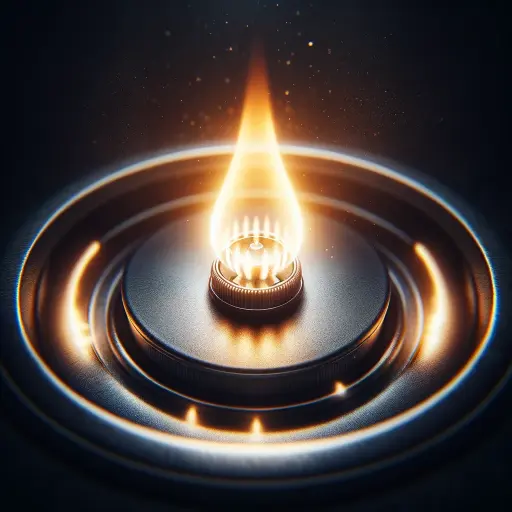
Regrettably, pilot lights often extinguish unexpectedly, causing operational interruptions and safety hazards. This is one of the common gas stove issues. Understanding the reasons why your pilot light keeps going out is key to maintaining your appliance’s effectiveness and safety.
Why Does Pilot Light Go Out
Here are 5 most common reasons of your pilot light going out:-
1. Faulty Thermocouple
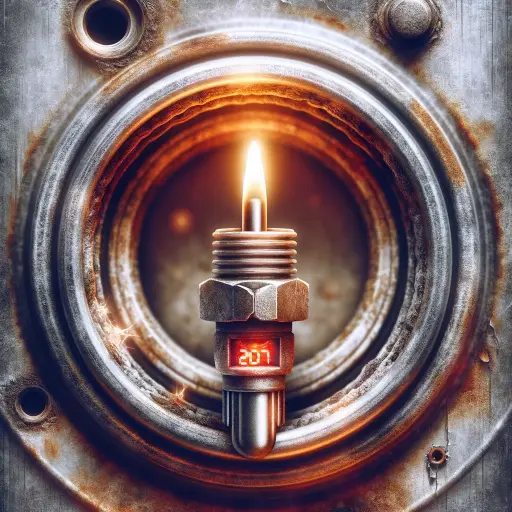
A thermocouple serves as a safety mechanism, measuring temperature and generating voltage to keep the gas valve open while the pilot light is lit. If it malfunctions, it fails to signal the valve correctly, frequently causing the pilot light to go out. Indicators of a failing thermocouple include an unstable pilot light and inability to stay lit, necessitating immediate replacement to ensure ongoing appliance functionality.
2. Dirty Pilot Tube
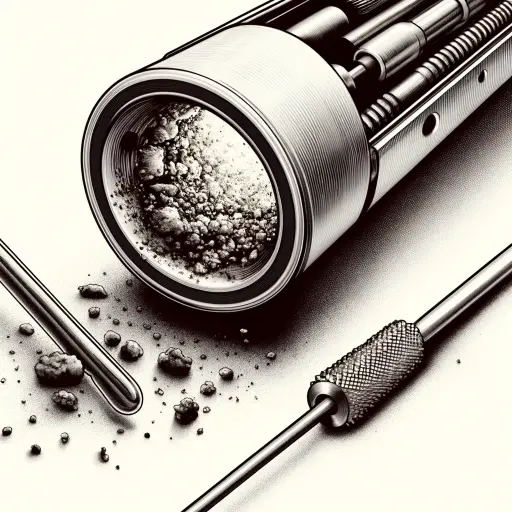
The pilot tube’s function is to supply gas to the pilot light, keeping it lit. Accumulation of dirt or debris over time can block the gas flow and cause the pilot light to extinguish. Cleaning the pilot tube requires turning off the gas supply, detaching the tube, and clearing any blockages with a needle or similar tool. Regular maintenance addresses such issues and promotes consistent performance.
3. Insufficient Airflow
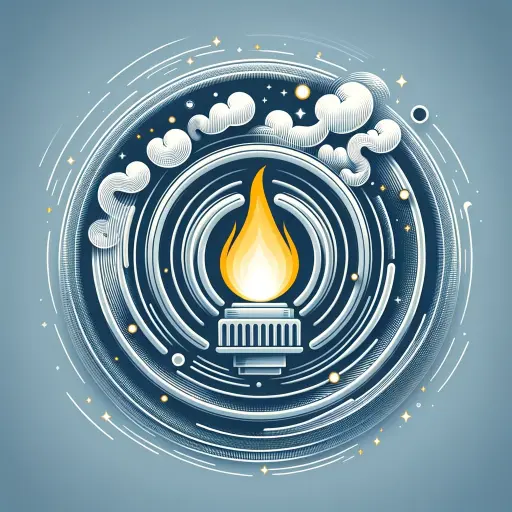
A steady burn of the pilot light requires a balanced mix of gas and air. Restrictions in airflow can cause the flame to extinguish frequently, leading to inefficiency. Obstructions like a clogged air intake or nearby barriers can diminish the necessary air supply. Regular inspections and cleaning of air channels ensure that the pilot light receives the proper mix to operate efficiently.
4. Maladjusted Flame Settings
Incorrect flame settings can cause the pilot light to be too weak or too strong. An excessively strong flame can waste gas and overheat adjacent components, posing a safety risk, while a too-weak flame may not adequately activate the thermocouple. Adjusting the flame to align with manufacturer specifications is crucial for maintaining a stable and efficient pilot light.
5. Drafts or Sudden Gusts
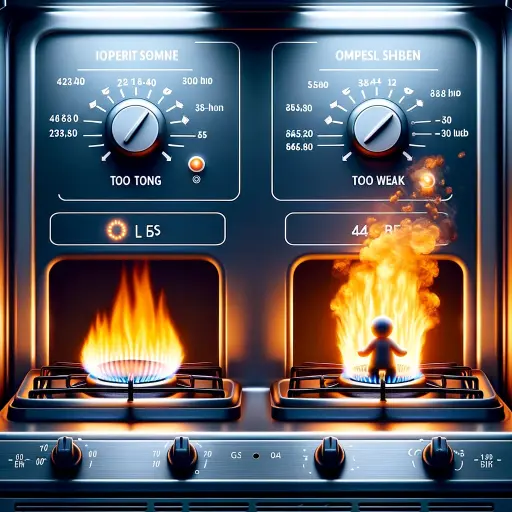
Environmental factors such as drafts or sudden gusts, especially in ventilated areas, can blow out an unprotected pilot light. Appliances in areas prone to drafts are particularly vulnerable to such issues. Protective strategies like proper appliance placement and shielding effectively reduce the impact of drafts.
Additional Tips for Troubleshooting
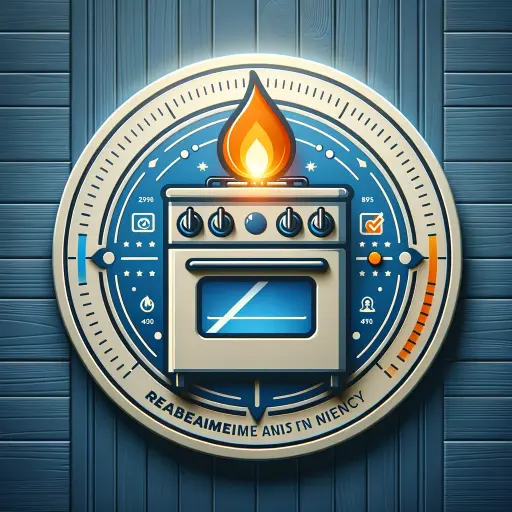
Minimizing pilot light problems requires regular maintenance, including routine inspections and cleanings performed by qualified professionals. Persistent issues may necessitate more thorough troubleshooting or component replacement, which should be handled by certified technicians.
Conclusion
The pilot light, though small, plays a vital role in the safety and functionality of gas appliances. Regularly addressing the common reasons why your pilot light keeps going out enhances appliance reliability and safety. By understanding and addressing these factors, you can ensure that your appliances function smoothly, safely, and efficiently.
Please Write Your Comments